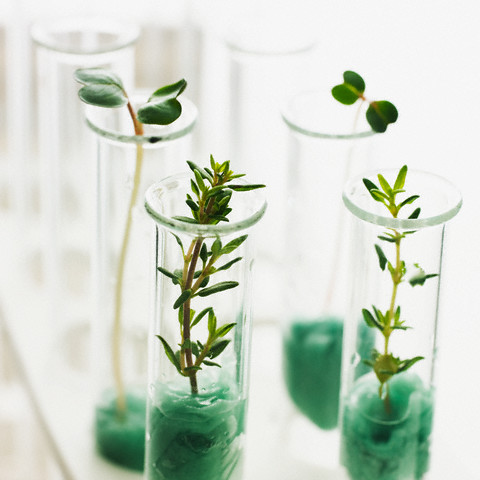International Journal of Pure & Applied Bioscience (IJPAB)
Year : 2017, Volume : 5, Issue : 4
First page : (1104) Last page : (1106)
Article doi: http://dx.doi.org/10.18782/2320-7051.5700
Sustainable Agriculture
T. Bharath1, N. Nalini1, Harshad Singh Thakur2 and G. Vijay Krishna3
1PJTSAU, Hyderabad; 2Ph.D Scholars, Hyderabad; SKLTSHU3
*Corresponding Author E-mail: bharath032@gmail.com
Received: 28.07.2017 | Revised: 6.08.2017 | Accepted: 7.08.2017
POPULAR ARTICLE
Sustainable agriculture, simply defined, is an approach to agriculture that focuses on producing food in a way that does not degrade the environment and contributes to the livelihood of communities. However, this simple statement conveys a complex concept: that agriculture must balance production, environmental, and community development goals. The 1990 Farm Bill1 states that the term sustainable agriculture refers to “an integrated system of plant and animal production practices having a site-specific application that will over the long term:
- Satisfy human food and fiber needs.
- Enhance the environmental quality and natural resource base upon which the agricultural economy depends.
- Make the most efficient use of nonrenewable resources and on-farm resources and integrate, where appropriate, natural biological cycles and controls.
- Sustain the economic viability of farm operations.
- Enhance the quality of life for farmers and society as a whole.
Sustainable agriculture should not be an either/ or proposition, such that a farm either is or is not sustainable. Rather, sustainable agriculture encompasses many principles and practices that benefit growers, their farm, their community, and the environment. The economic, environmental, and social goals of sustainable agriculture can serve as a useful yardstick for measuring a farm’s performance and progress over time. This approach makes sustainable agriculture relevant to all farmers because it can be applied to farms of every size and type.
The Components of Sustainable Agriculture
Sustainable agriculture can be broken into three components: economic, environmental, and social. While discussed separately here, it should be noted that the goals overlap, impacting and influencing each other. For example, economic decisions will also impact the environmental and the social components.
Full Text : PDF; Journal doi : http://dx.doi.org/10.18782
Cite this article: Bharath, T., Nalini, N., Thakur, H.S. and Krishna, G.V., Sustainable Agriculture, Int. J. Pure App. Biosci. 5(4): 1104-1106 (2017). doi: http://dx.doi.org/10.18782/2320-7051.5700





